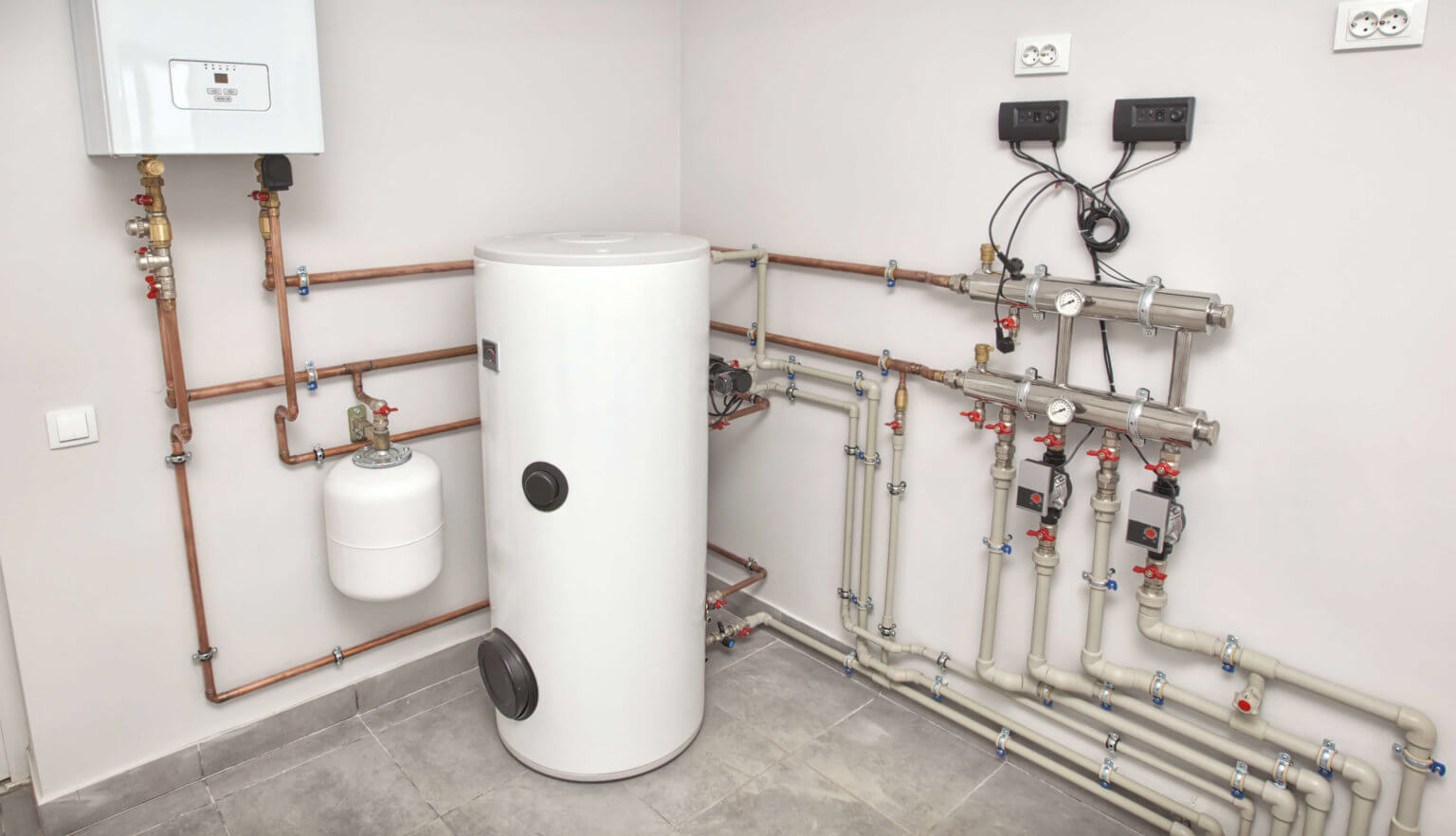The winter season is almost here, which means it’s time to prepare your home for the snow and frigid temperatures. You’ve insulated your plumbing, cleared your gutters, and prepped the standby generator, but there’s one appliance you can’t forget. Just like the furnace, homeowners will rely on their gas water heater during the winter season, but your gas water heater is just as strained from use due to the drop in temperature. Proper maintenance for your gas water heater not only ensures you can enjoy heated water throughout the holiday season, it prevents a plumbing catastrophe. Check out our winter guide to gas hot water heater maintenance now!
How You Can Prepare Your Gas Water Heater this Winter
A damaged gas water heater poses a lot of problems beyond the frustration of a lack of hot water. Over time and use, your gas water heater can wear down, especially for homes that run on hard water. Pipes can rust and contaminate your drinking and bathing water, a leak can cause costly water damage, and even worse, your gas water heater tank can explode. Luckily with proper maintenance, you can enjoy your heated water without a plumbing catastrophe. Here’s how you can stay warm and dry this winter season.
- Flush your gas water heater. Your water heater works the hardest during the winter season, and over time mineral deposits can settle at the bottom of the tank and break down the water heater. Mineral deposits prevent your gas water heater from operating efficiently and it can clog your water lines. That’s why it’s important to flush your gas water heater at least twice a year to clean out the mineral deposits.
- Check the pressure valve. Your gas water heater has a pressure valve called the TPR valve that releases pressure whenever the tank becomes over pressured. To test your TPR valve, life the trip lever on the valve and release it again. You should see some water exit or hear a faint hint of air exiting the valve. If you don’t see anything exit the valve or water just keeps flowing out, you might need to replace the TPR valve. It’s a good idea to check your gas water heater’s pressure valve every six months to check for clogs or leaks.
- Check the filters. Some gas water heaters have a filter to catch any problematic debris. Your water heater works best when it’s clear and clean of sediment and debris, which is why it’s important to routinely clean or replace your filters if your gas water heater has one.
- Inspect the thermostat. Some heating problems aren’t caused by the appliances themselves, but a malfunctioning thermostat. A functional thermostat is important for all your heating appliances, as it prevents your gas water heater from overworking itself to keep up with inconsistent temperature settings.
- Check the anode rod. The anode rod is another important component of your gas water heater that works to capture any corrosive material in the water. Your gas water heater tank is susceptible to rust and corrosion, which is why it’s important to occasionally check the anode rod. Watch for any calcium deposits, missing parts, or if the rod itself has dissolved to less than half inch thick. Anode rods can last up to 5-10 years, but they can last longer if routinely cleaned.
- Adjust the temperature. The winter season makes it difficult to be energy efficient, especially when you heavily rely on your heating appliances. Adjusting the temperature setting on your gas water heater, however, can save in energy costs and prevents your gas water heater from overheating.
- Insulate your tank and pipes. Just like the rest of your plumbing this winter season, a little insulation can go a long way. Covering the tank and attached pipes with an insulated material can help to keep the hot water in the pipes warmer for an extended period of time.
- Clean out air intake and exhaust vents. Like your furnace, your gas water heater needs proper ventilation in order to function. Snow is a common issue for your gas water heater’s air intake and exhaust vents during the winter season. Snow and other debris can clog inside the vents and cause damages to your gas water heater. Fencing off snow and installing a metal mesh to keep pests out helps to keep your vents clear and water heater running efficiently.
Stay Warm this Winter by Taking Care of Your Gas Water Heater
A home with a damaged gas water heater makes for a miserable holiday season. A poorly maintained gas water heater is more than a nuisance, but a costly plumbing problem. Luckily you can stay warm and dry thing winter with routine maintenance. Proper maintenance however, can only help so much; sometimes you’ll need professional help. A licensed plumber can help guarantee your gas water heater is fully functional and prepared for the incoming winter season. Don’t wait until there’s water in the basement, call a Papalia Home Services Today.












